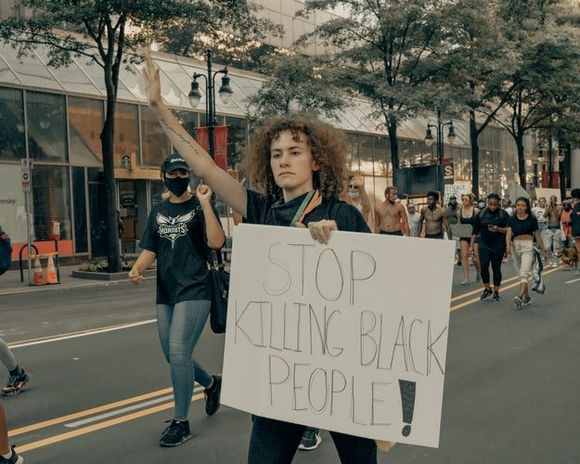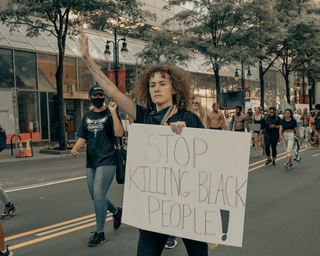On the evening of March 14th, 2018, the Brazilian activist and political figure Marielle Franco was executed with 4 shots in the head on her way back home. The vehicle she was in was purposely targeted and her driver, Anderson Gomes, died too.
By that time, she was a councilwoman and had a very intimidating posture to defend her values. As a lesbian and an Afro-Brazilian descendant, she fought for women’s, black and LGBTQ+ rights.
Marielle came from the favela Complexo da Maré, in Rio de Janeiro. The person she was and her life background represented most of the people in Brazil, one of the reasons why she impersonated the political transformation that Rio needed for such a long time.
She wasn’t afraid to be their voice inside the City Council, going against parliament’s bills that would harm her people’s lives — meaning the black, LGBTQ+ and underprivileged communities. Receiving almost 50.000 votes, Marielle put the favela to the forefront.
The context: a history of violence
The increase in the number of favelas throughout the decades has made the city of Rio de Janeiro known as a violent place. Its population struggle to access minimal essential services and living conditions, such as education and health, and the involvement of illegal factions in the habitant’s daily lives enhances criminality.
In 2018, the scenario put the city under federal intervention: it was given greater power and higher authority over military police officers, which increased the tension. Hidden under the “public security” speech, militia organizations are known for prioritizing economic interests, such as protecting criminal trafficking gangs, and disputing the control of areas, risking many civilian lives. Marielle openly condemned the paramilitary violence in the favelas.
The councilwoman was responsible for monitoring their activities in order to protect the favelas’ citizens and, therefore, was a threat to those crime groups. There are too many speculations over what motivated her execution, but the truth is Marielle wanted things to change and the system tried to show who had the last say.
What her execution meant
Recently, Brazil has gone through a political phase of great polarization. In the same year, Marielle was killed, and a conservative side of Brazil was revived and exalted by the presidential election of Jair Bolsonaro. Considered a leader by his followers, Bolsonaro had a mandate emphasized by a nationalist discourse based on order and faith ideas which incited anti-democratic actions on January 2023 — similar to the Capitol attacks by Trump supporters in 2021.
In October 2018, in Marielle’s honor, her name was given to a street sign. Later, two parliamentary candidates broke at a pro-Bolsonaro political demonstration. A piece of the broken sign is still framed at the deputy’s office.
This year, the new president Luís Inácio Lula da Silva has prioritized diversity in his mandate, choosing Marielle’s sister, Anielle Franco, as the Minister of Racial Equality. Also, he created Marielle Franco’s National Day of Confrontation Against Gender and Race Political Violence.
The political attempt against the councilwoman and the acts against democracy were meant as a message about the current issues structured in our society: the state still silences those who stand up for human rights. Her death’s global repercussion means that people still claim justice.
Who masterminded her death is frightened by the fact that she never truly died. Because it’s impossible to kill an ideal: Marielle lives inside of us.
The article above was edited by Julia Bonin.
Liked this type of content? Check Her Campus Cásper Líbero home page for more!


